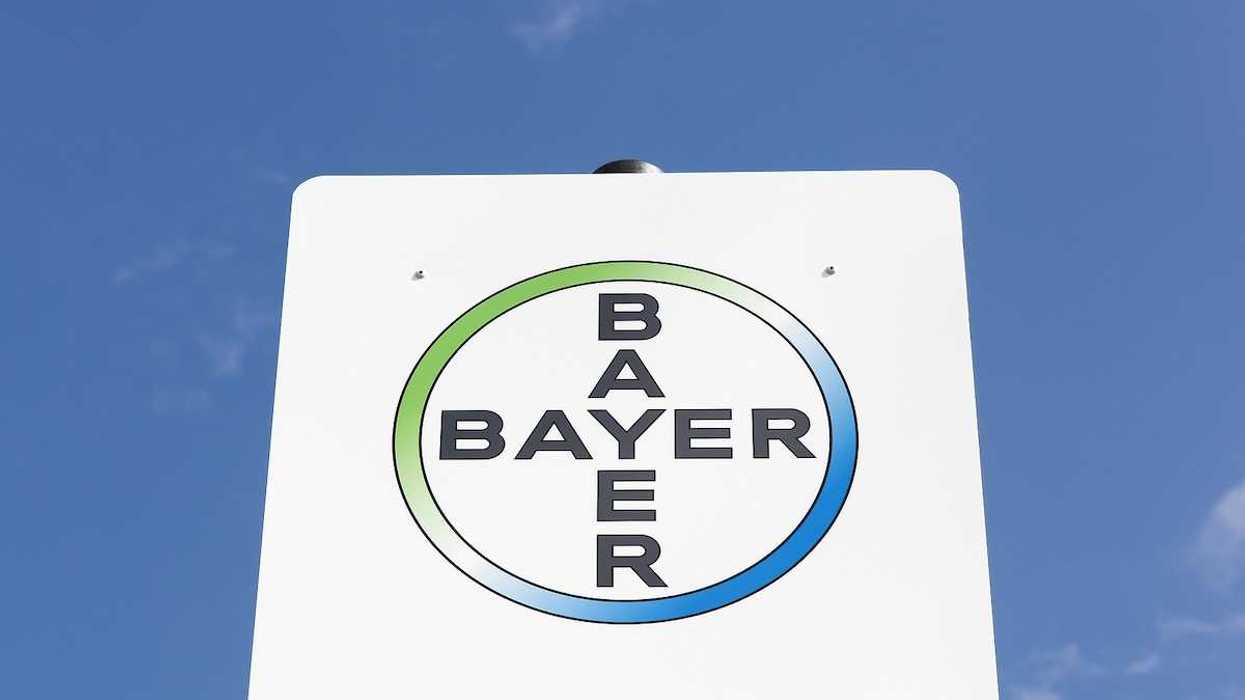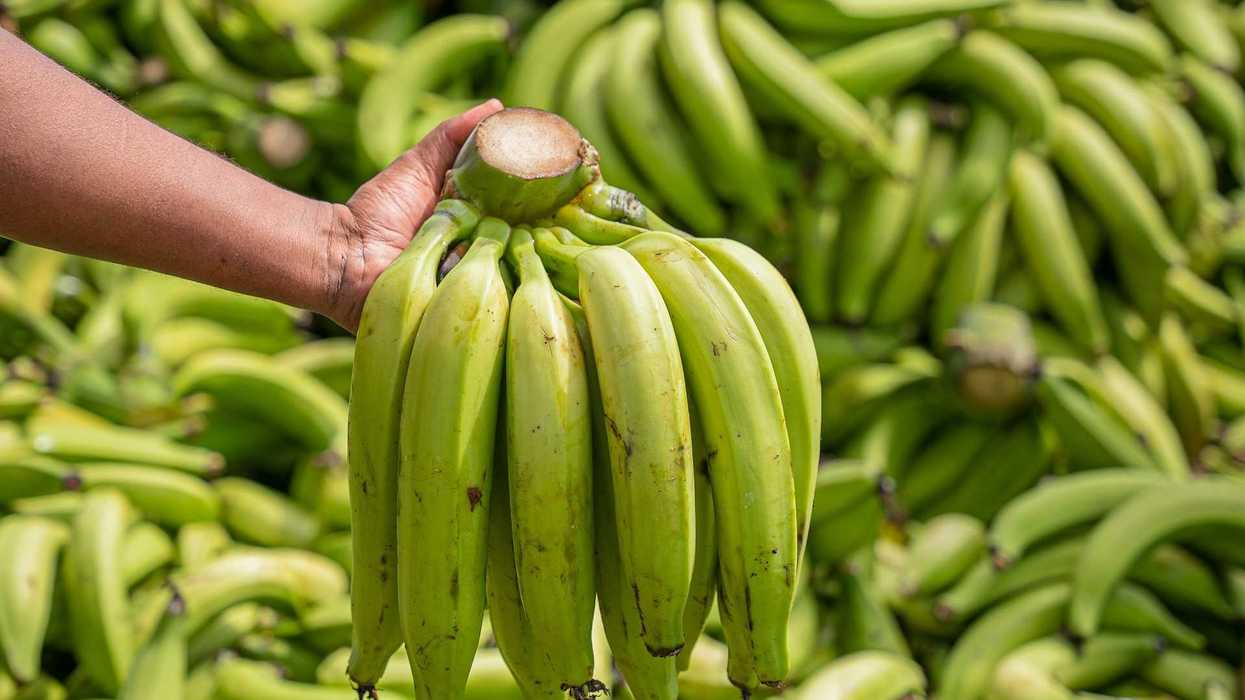A recent study co-authored by Environmental Health Sciences senior scientist Dr. Shanna Swan highlights the association between ultra-processed foods and phthalate levels in pregnant women from across a range of socioeconomic backgrounds.
In short:
- Processed and fast foods - particularly burgers, fries, sodas and cake - were linked to higher levels of phthalate exposure.
- Women who ate diets high in vegetables, fruits, yogurt, fish and nuts had lower phthalate levels.
- Lower household income and maternal education levels were also associated with higher phthalate exposure, highlighting how socioeconomic status can limit mothers’ access to affordable, healthy foods.
Key quote:
“Accumulating evidence suggests that chemicals deliberately added to processed foods… or which inadvertently contaminate food through contact during processing and packaging, including phthalates, may contribute to human disease.”
Why this matters:
As global diets have shifted to include more processed foods, there has been a similar increase in chronic diseases for both children and adults (see Dr. Swan’s work on chemicals’ role in the rapidly declining sperm rates worldwide). Unfortunately, phthalates and other chemicals are used so widely in food production, storage, and packaging that individual dietary choices can only control exposure to a certain point. The authors of this study call for policy reform that better protects consumers and sharply reduces the use of hazardous chemicals in food preparation.
Related EHN coverage:
- Organic diets reduce glyphosate exposure for pregnant people: Study
- Burgers and fries with a side of PFAS
- Op-Ed: The outsized role processed food plays in our health and environment
More from Dr. Shanna Swan:
- Read excerpts from Dr. Swan’s book, Count Down: The infertility crisis
- WATCH: Dr. Shanna Swan on chemicals, hormones and our reproductive health
- LISTEN: A conversation about infertility with Shanna Swan
Baker, Brennan et al. for Environment International vol. 183. Jan. 2024

















